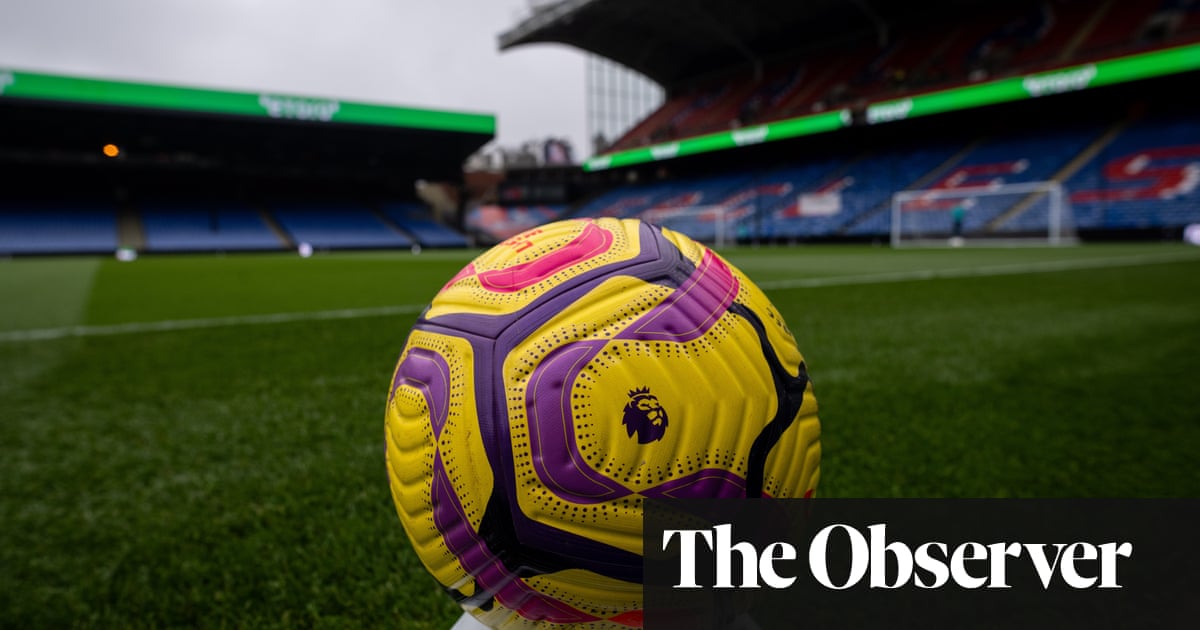It started with “chav” and has included “carbon footprint”, “omnishambles” and “selfie”. The Oxford word of the year campaign celebrates 20 years of selecting the word – or sometimes two words – that in some way sums up the moment. This year’s winner, decided by public vote, will be announced on Monday.
All six contenders on the shortlist have one thing in common – the internet. The words either refer to anxieties about online phenomena or behaviour (“slop”, meaning AI-generated content, and “brain rot” caused by consuming too much “slop” and other material); or they have been repurposed or popularised by social media (old-fashioned words such as “demure” and “lore”, and “romantasy” – a blend of romance and fantasy beloved by BookTokkers). Even “dynamic pricing” relates to Ticketmaster’s skyrocketing costs of Oasis reunion tickets for fans in virtual queues.
The list overlooks how eventful the year was in real life (IRL), with UK and US elections providing plenty of contenders including “cat lady”, “supermajority” and “weird”, even if “Maga” and “Trumpism” feel a bit old. Oxford University Press (OUP) has often reflected global events: “post-truth” followed Donald Trump’s 2016 win, “climate emergency” was chosen in 2019, and the upheavals in 2020 led to a report called Words of an Unprecedented Year. “Vax” took the spotlight in 2021.
From Shakespeare to JK Rowling, writers have been supplying new words for centuries. It is no surprise that the internet is taking over: new technology requires new words and new ways of talking about how we interact with it. The invention of the telephone is often credited with the usage of “hello” and “hi”. The words of the last 20 years that have fared best are nouns such as “podcast” (a compound of iPod and “broadcast”) and “selfie”, as opposed to those describing social trends such as “chav” or “squeezed middle”, which now seem dated at best. Brat summer – the Collins Dictionary went for “brat” – already feels a long time ago.
The 2022 winner “goblin mode” (“unapologetically self-indulgent, lazy, slovenly, or greedy”) led to accusations that Oxford Dictionaries had “donned a back-to‑front baseball hat and skateboarded across the news” – a little unfair given that it was chosen by a public vote. Slang is often the spark for lexical innovation.
Is the word of the year more than a PR stunt or “neeky” (do keep up) parlour game? While the wordsmiths at OUP try to look beyond the grim news cycle, the lexical snapshots of the last 20 years have rarely been cheery – the 2015 “face with tears of joy emoji” smacked of desperation. This year doesn’t look like bucking the trend.
Australia’s Macquarie Dictionary has plumped for “enshittification”, coined by Cory Doctorow, as its word of the year for 2024. The OUP is too “demure” for such a choice. Perhaps the American writer Henry David Thoreau was describing a similar mood way back in 1845: “While England endeavors to cure the potato‑rot, will not any endeavor to cure the brain-rot, which prevails so much more widely and fatally?”

.png) 1 month ago
15
1 month ago
15













































